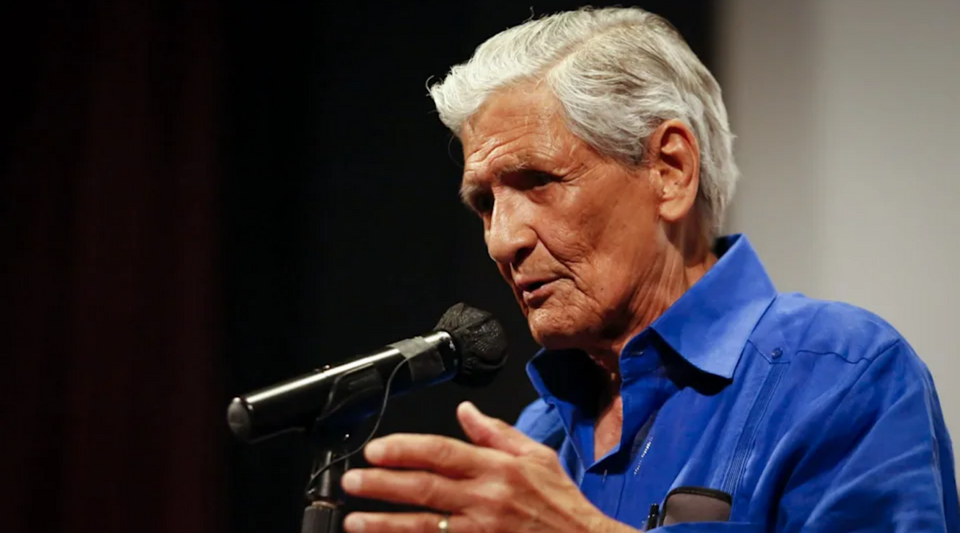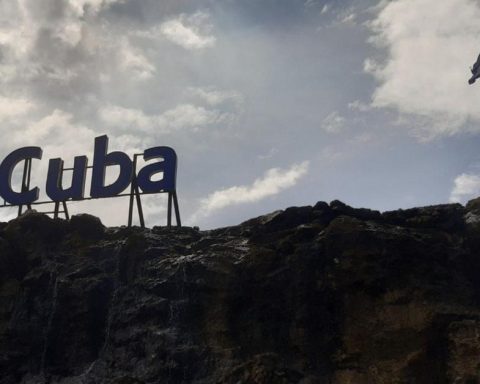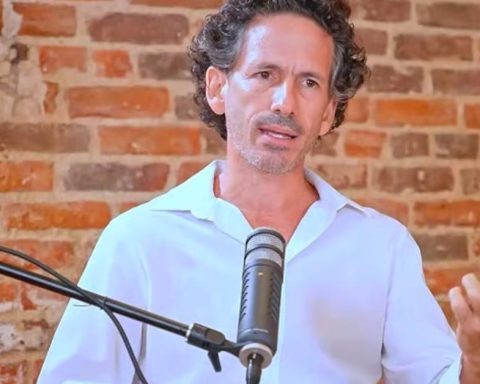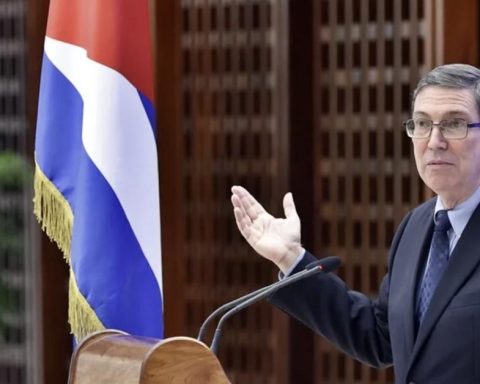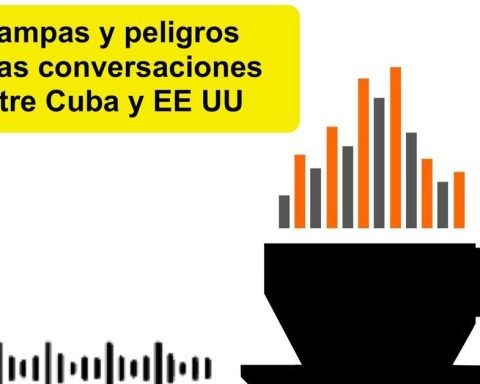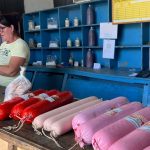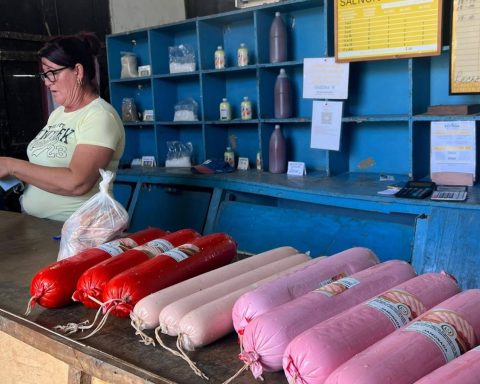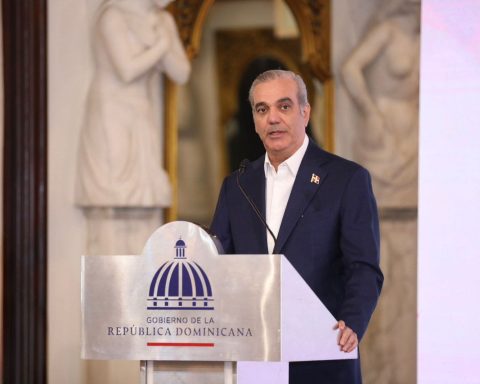(EFE).- Pedro Luis Boitel was forced to go thirsty during a hunger strike in prison, because “Castro gave the order that they cut off his water until he died,” according to what his cellmate, the activist, told Efe. for human rights Armando Valladares.
“You cannot write the history of political prison in Cuba without naming Pedro Luis,” says Valladares, a painter, poet and former US ambassador to the UN Human Rights Council, in an interview with Efe.
“Fidel Castro expressly hated Pedro Luis, a leader of the 26th of July and exiled (of Fulgencio Batista) in Venezuela,” Valladares comments shortly before participating in a colloquium in Miami on Wednesday for the 50th anniversary of Boitel’s death.
“You cannot write the history of political prison in Cuba without naming Pedro Luis,” says Valladares, painter, poet and former US ambassador to the UN Human Rights Council.
“He was well known and the candidate with the most possibilities to win the elections (for president) of the FEU (University Student Federation)” before the Revolution, he adds about his companion in cell 64, of circular building number 4 in the prison of Isla de Pinos, now in disuse and where they both fled.
In 1961 Boitel was arrested and charged with conspiracy against the state. He was sentenced in a trial to ten years in prison, a sentence that was later extended with other charges.
A kind of maximum security Alacatraz, found in a small island in the south of Cuba, the Isla de Pinos prison was considered “impossible” to transgress, recalls Valladares, who turns 85 next Friday.
Valladares, imprisoned at the age of 21 for refusing to hang a plaque that read “I am with Fidel” and who spent 22 years in prison, during which he suffered torture and punishment of all kinds and went on eleven hunger strikes, met Boitel at the La Cabaña prison in Havana.
“When they finished my interrogations in the political police, they sent me to galley 12 in La Cabaña. At the door was Pedro Luis, thin and with very large glasses. Then we were together for years and years and years,” he recalls.
“When we escaped on October 21, 1961 –I remember it because I was released on the same day 20-odd years later–, there was a guard who walked around at sunset with a dog and a rifle”, he recalls about this installation, in which Fidel Castro was also imprisoned before being amnestied by the Government of Fulgencio Batista.
“We went inside the barracks dressed as soldiers, greeting the guards. They captured us on the third day because the people who were supposed to pick us up on the coast did not go, they thought it was impossible”
“We went inside the barracks dressed as soldiers, greeting the guards. They captured us on the third day because the people who were supposed to pick us up on the coast did not go, they thought it was impossible for us to escape,” adds Valladares.
“We were the only ones who managed to get out of the cordon of the circular, it will remain in history, I don’t know why there is a tendency to eliminate this heroic and almost novelistic act from the interviews,” he laments, and clarifies that the idea of the escape was from Boitel.
Upon being captured, they were taken to the punishment cell where they remained “almost a year,” says Valladares.
“We went on strike to get us out of there, which was the first”, recapitulates the author of the book against all hopewhere he recounted his memories after 22 years in prison.
According to this activist’s account, Boitel was taken to the Military Hospital (in Havana), where he was one of the first to be given civilian clothes.
“He was making strikes until the last one in (the prison of) the Castillo del Príncipe. It was a hunger strike, not a thirst strike. Fidel Castro gave the order that the water be cut off until he died,” says Valladares.
Boitel died at the age of 41 on a hunger strike on May 25, 1972 in the Castillo del Príncipe prison in Havana.
“He was making strikes until the last in (the prison of) the Prince’s Castle. It was a hunger strike, not a thirst strike”
The organizers of the tribute to Boitel, among which are Planted to the Freedom of Cuba, the Institute of Cuban Historical Memory against Totalitarianism and the PEN Club of Cuban Writers in exile, yesterday brought a floral offering to the tomb of the Boitel’s mother, Clara Abraham de Boitel, at Miami’s Flagler Memorial Cemetery.
In the afternoon they screened at the Tower Theater in Little Havana the documentary Boitel: Dying in installmentsdirected by Daniel Urdanivia and produced by Pedro Corzo, where Valladares spoke to the audience.
Next to him was “another great friend of Pedro Luis”, Richard Heredia, also an anti-communist and who was with Boitel “underground.”
“It is a well-deserved tribute. Pedro Luis is a legend for all political prisoners like me. Fortunately, we have groups within Cuba that have even adopted his name,” he stressed.
________________________
Collaborate with our work:
The team of 14ymedio is committed to doing serious journalism that reflects the reality of deep Cuba. Thank you for joining us on this long road. We invite you to continue supporting us, but this time becoming a member of our newspaper. Together we can continue transforming journalism in Cuba.
